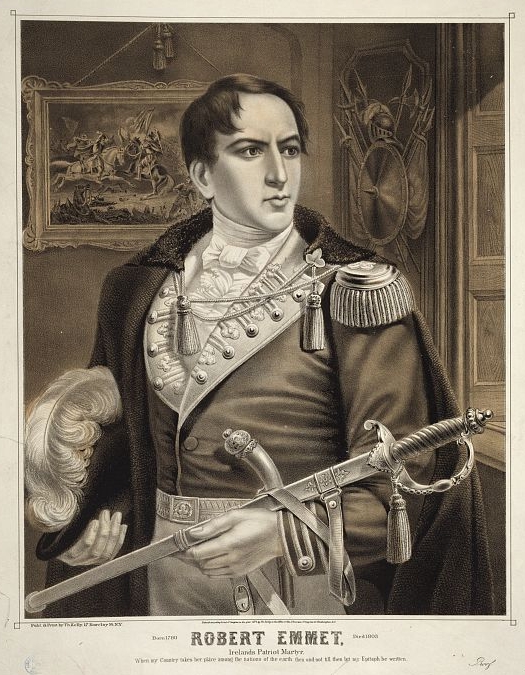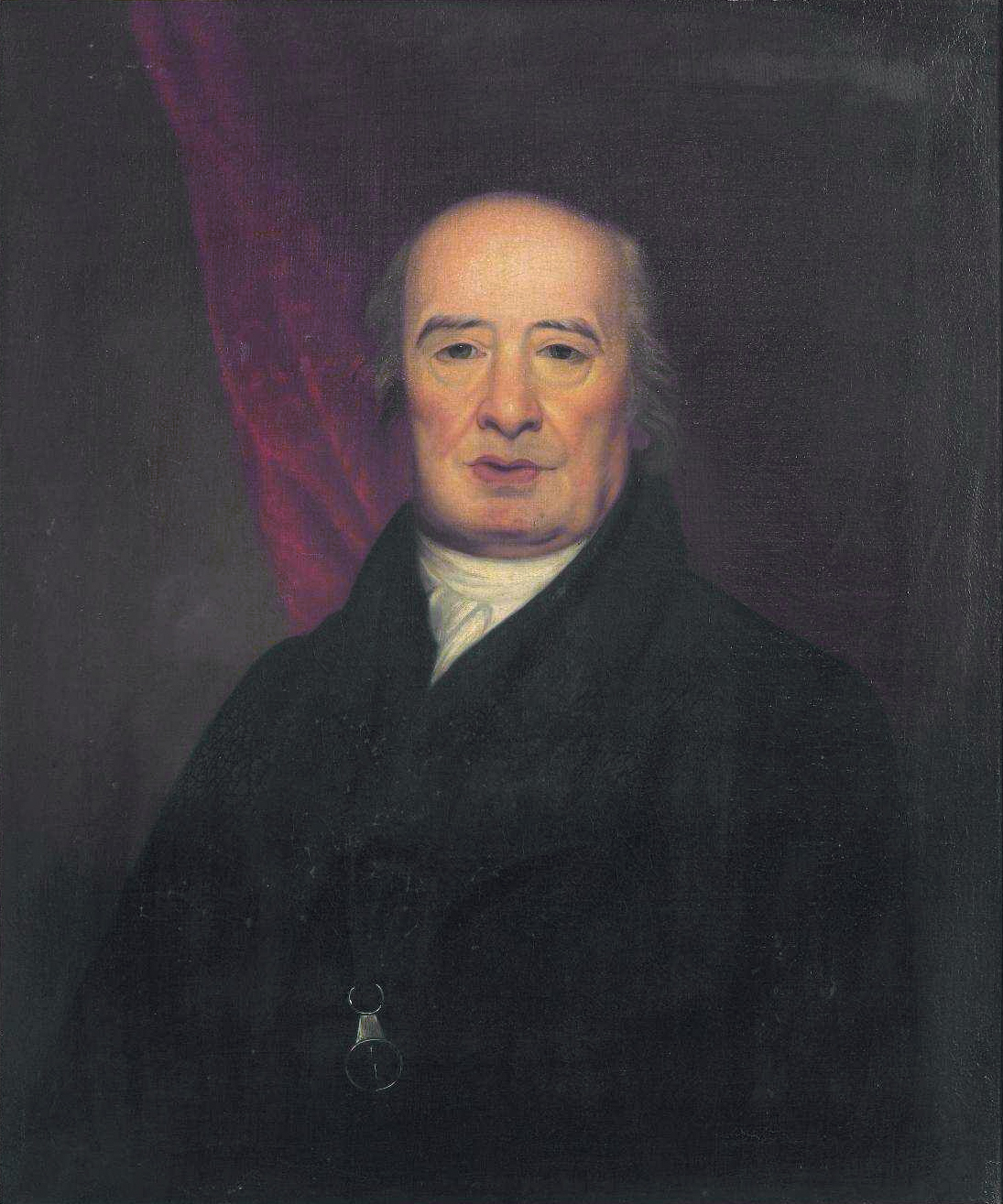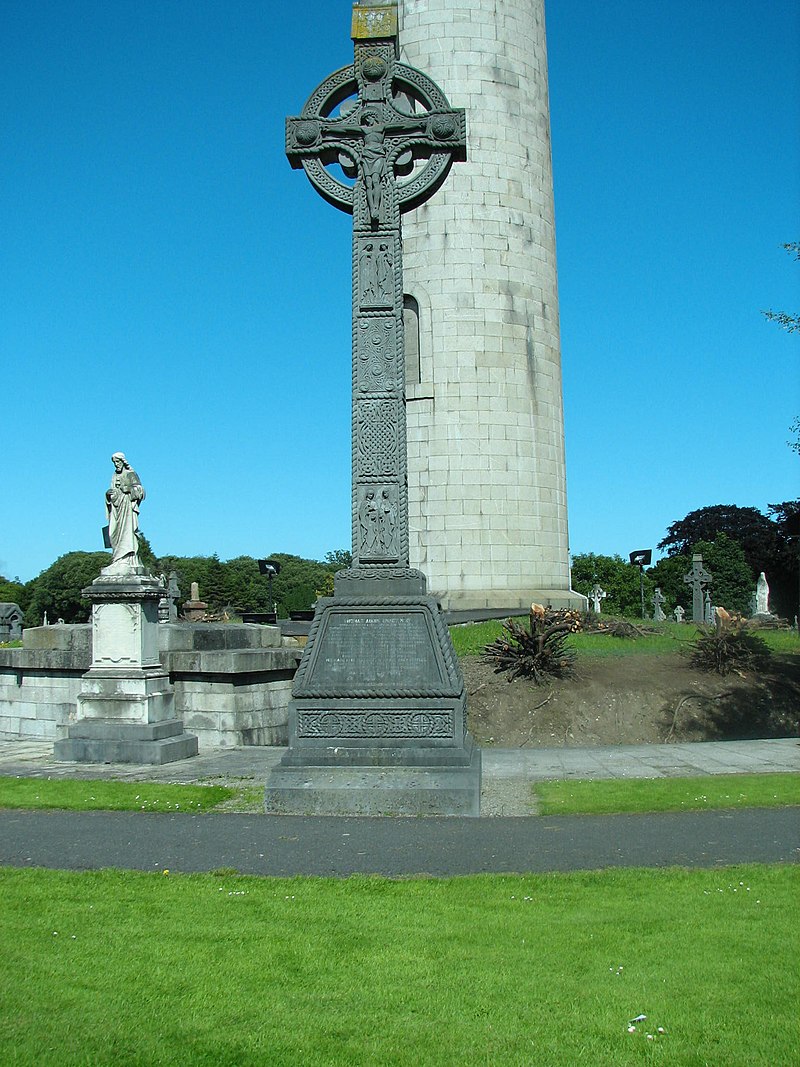

On the surface, the brothers Thomas Addis Emmet and Robert Emmet were the most unlikely of revolutionaries. They were born (Thomas Addis 1764, Robert 1778) into an affluent family of Ireland’s Protestant ascendency. Their father was the State Physician of Ireland; firmly positioning the family as members of the British establishment. Yet the spirit of the enlightenment ran strong in the Emmet family; they were sympathetic to the struggle for independence of the American Colonies during the Revolutionary War and critics of the disenfranchisement and discrimination experienced by Catholics in their native Ireland.
Both brothers were gifted students and attended Trinity College. They both distinguished themselves for their gifts of eloquence in the College’s debating society. Robert was such an articulate and inspiring speaker that when a debate on the topic of Irish self-determination was scheduled, the school administration brought in their own outside debater in an unsuccessful attempt to undermine Robert Emmet from inspiring his fellow students.
Thomas Addis Emmet graduated Trinity and studied medicine before finding his true calling in law, being called to the Bar in 1790. He quickly established a reputation as a formidable lawyer, particularly in the defense of those charged with political offenses. A passionate believer in ending discrimination against Irish Catholics and extending to them a say in the rule of their own land by means of the vote, Thomas Addis soon became a leading figure in the United Irishman. Thomas Addis was a close associate of Wolfe Tone and both men had a tremendous influence on the young Robert Emmet. When the Dublin Corporation issued a declaration in support of the special privileges of the Protestant ascendancy in 1792, the response of the United Irishmen was their non-sectarian manifesto with Thomas Addis Emmet its principle author.
The actions of the Dublin Corporation convinced the United Irishmen that the only path open to a free Ireland, where all citizens had equal opportunity and voice in their government, was rebellion. Thomas Addis Emmet became a member of the executive of the United Irishman and contributor to the planning of the 1798 Rebellion, only to be betrayed shortly before the rising was to commence by British government informers who had infiltrated the movement. He was arrested and would be imprisoned until 1802; whereupon he went to Brussels in an attempt to lobby the French for support of a new rebellion that was being organized by his younger brother.
Robert Emmet was expelled from Trinity College because of his political views and soon became a leading figure in the United Irishmen in his own right. It was Robert who reorganized the United Irishmen after the failed 1798 and anticipating help from France began planning a new rebellion. Robert had learned well the lessons of the failed rebellion of ’98 and was able to maintain secrecy as regards to its preparations when an accidental explosion at one of the United Irishmen’ arms caches exposed their plans. Forced to launch the rebellion prematurely, it soon degenerated into failure and defeat.
While the 1803 Rebellion was a failure, the trial of Robert Emmet became a lasting, if costly, victory. As the administrators of Trinity College had done before, the British Government felt that Robert Emmett was too key a figure to the cause of Irish Independence to chance to a fair and independent trial. They secretly bribed his defense lawyer with £200 and an annual pension to ensure that a guilty verdict for treason was a foregone conclusion. The Crown though made one critical mistake; they let Robert Emmet speak and that speech has lit a fire in the heart of generations of Irish seeking a free and united Ireland. The closing sentence is the most ringing:
“Let no man write my epitaph; for as no man who knows my motives dare now vindicate them, let not prejudice or ignorance, asperse them. Let them and me rest in obscurity and peace, and my tomb remain uninscribed, and my memory in oblivion, until other times and other men can do justice to my character. When my country takes her place among the nations of the earth, then and not till then, let my epitaph be written. I have done.”
Robert Emmet was hung and then beheaded on September 20, 1803. In a twist of fate, his wish to lie in obscurity has been granted as his final burial place is still a mystery.
What became of Robert’s brother Thomas Addis Emmett? Heartbroken over his brother’s death and the two failed rebellions, he immigrated to America. His fame as a lawyer preceded him; he was personally invited to practice law in NY by Governor Dewitt Clinton who waived the residency requirements for him. He went on to a successful practice, eventually rising to New York State Attorney General. He was described as “the favorite counselor of New York” by members of the Supreme Court. He argued (and lost) the landmark United States Supreme Court case of Gibbons v. Ogden, which established the right of Congress to regulate interstate commerce.
Thomas Addis also left a legacy that has echoed down the generations, but of a different kind than his more famous brother Robert Emmet:

Dr. Thomas Addis Emmet at Glasnevin
- One of his sons and grandsons became respected and influential jurists in their own right.
- Another son was appointed to the Chair of Natural Science of the University of Virginia by Thomas Jefferson.
- His Grandson, Dr. Thomas Addis Emmet was a noted physician and Irish American activist. Despite British opposition, upon his death his last wish “to rest in the land from which my family came” was honored and he is buried in Glasnevin Cemetery. The large Celtic cross over his grave just outside the visitors center was sculpted by the father of Padraig Pearse.
- Three great grand-daughters were noted artists.
- His great-grandson Robert Temple Emmet was a graduate of West Point who would go on to earn the Medal of Honor.
- Another great-grandson was a 4 time Pulitzer Prize winner, Robert Emmet Sherwood, who also won an Oscar for best screenplay for the movie “The Best Years or Our Lives’.
The difference between two nations could not be any clearer. In British ruled Ireland the only opportunity for a great Irishman was to be a martyr for independence; when given the freedom of America, the Irish and their children were able to achieve their full potential and repaid America many fold with the gifts of their energy and drive through the generations continuing to today.
Neil F. Cosgrove ©